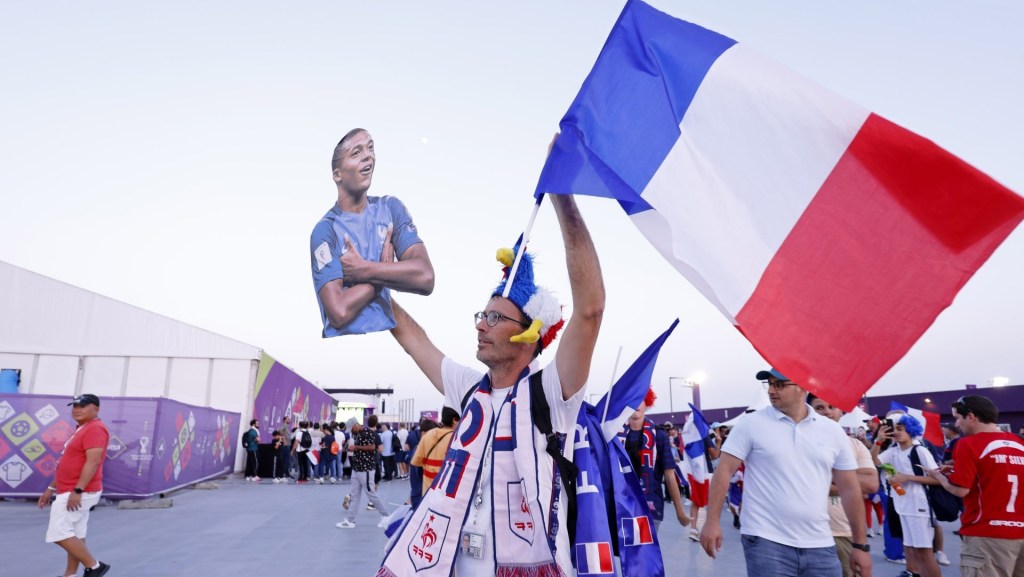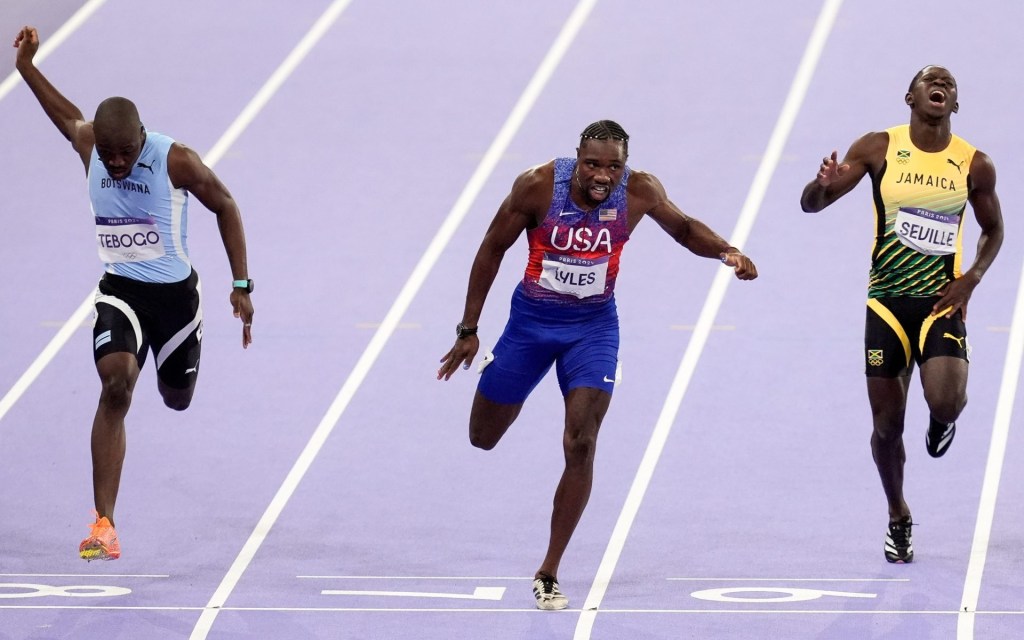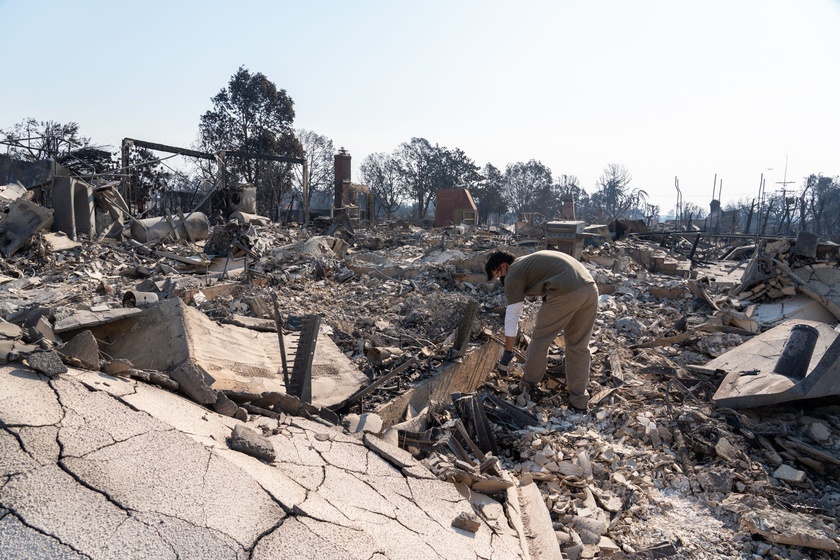A month after the end of the 2023 Women’s World Cup, the fallout from the actions of former Spanish football federation president Luis Rubiales continues to impact women’s soccer in the country.
Despite Rubiales’ resignation from both the federation and UEFA following his unsolicited kiss of star Jenni Hermoso, members of the women’s national team players repeated their refusal to play in a pair of upcoming matches without further changes within the federation.
New team coach Montse Tomé has announced her planned squad for the first match as the boycott talk has continued. According to Spanish law, players who do not respond to the national team call “without justification” are subject to fines, and potential further FIFA punishment.
Several players who had been part of the initial boycott of the national team did report on Tuesday for national team duty, but the issue has continued to expose deep rifts within the sport and country at large. Victor Francos, Spain’s secretary for sports, said he planned to intervene.
“We looked ridiculous as a nation,” Francos told Spanish television channel La Sexta. “It is unacceptable … and I spoke to some of the players. The impression I came away with was the most negative one possible. I did not hear resentment or anger, I heard sadness and exhaustion.”
Legal Fallout
Meanwhile, a Spanish court has dismissed a lawsuit in which Rubiales sued Javier Clemente, the former men’s national team coach.
Separate from the WWC-related matter, Clemente called Rubiales “a dangerous and ambitious guy” seeking to “get rich,” prompting Rubiales to sue for defamation. But the court found that Clemente was exercising his “right to freely express an opinion about a person who, moreover, is a public figure.”
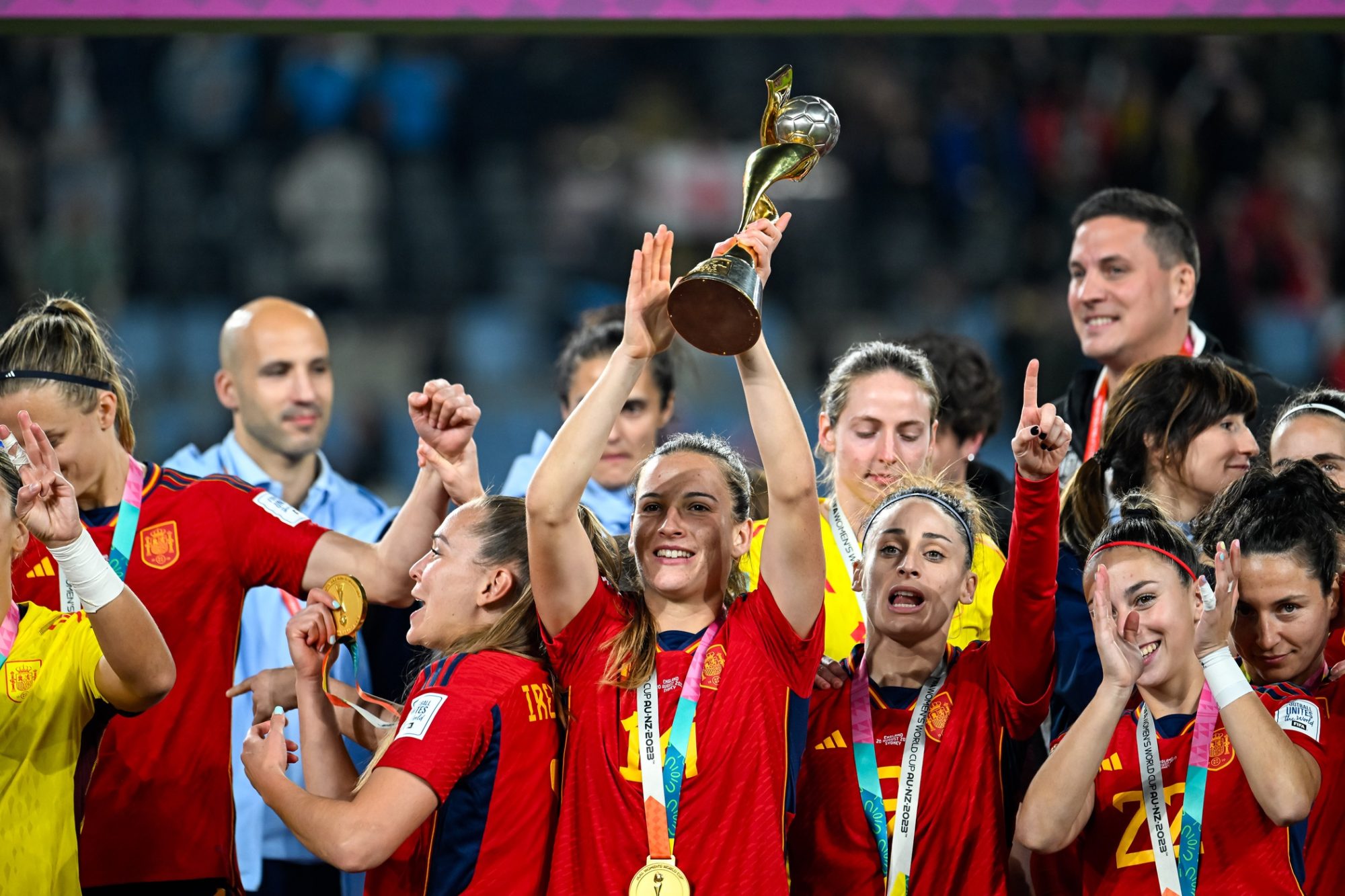

![[Subscription Customers Only] Jun 15, 2025; Seattle, Washington, USA; Botafogo owner John Textor inside the stadium before the match during a group stage match of the 2025 FIFA Club World Cup at Lumen Field.](https://frontofficesports.com/wp-content/uploads/2026/02/USATSI_26465842_168416386_lowres-scaled.jpg?quality=100&w=1024)
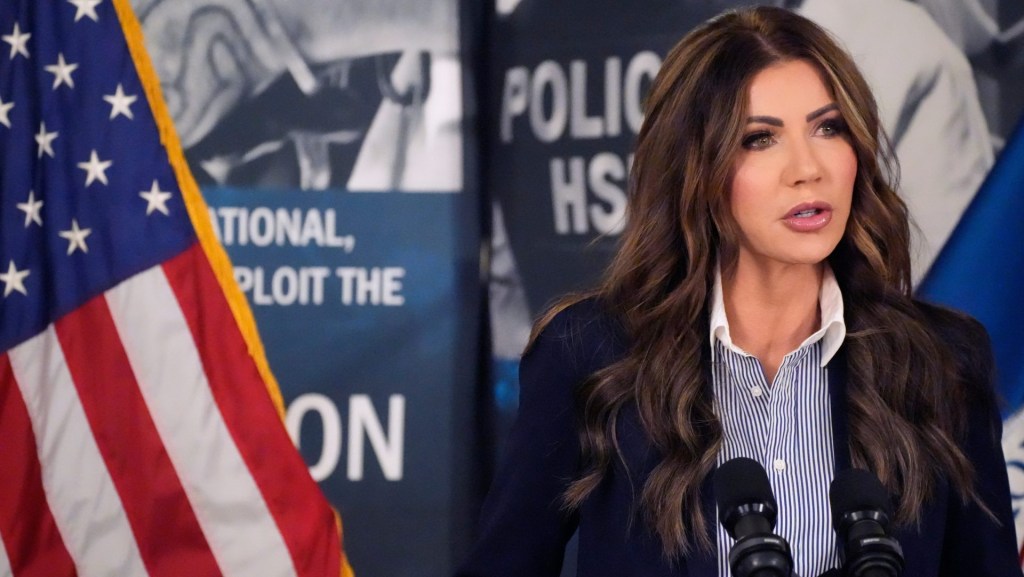
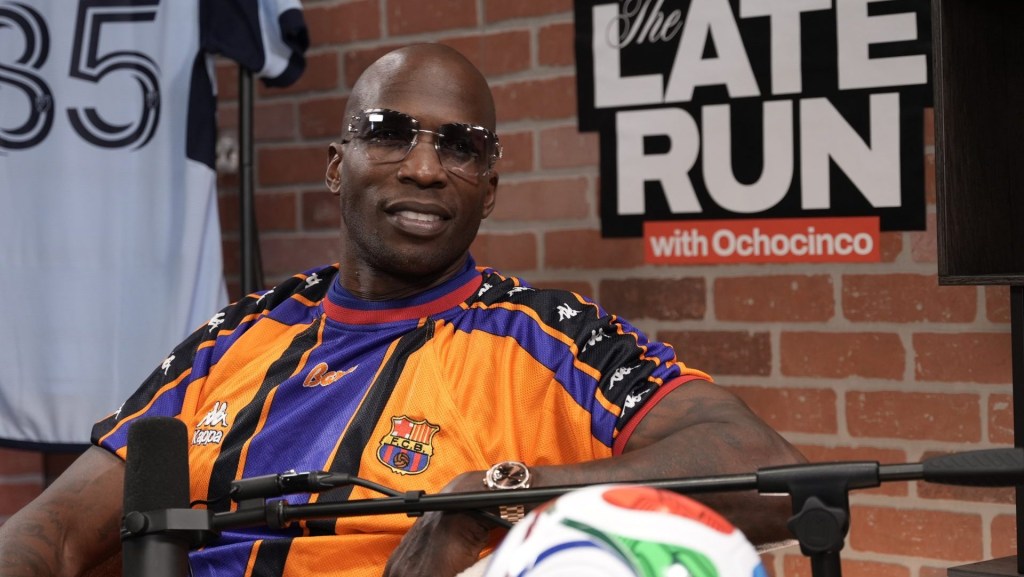
![[Subscription Customers Only] Jul 13, 2025; East Rutherford, New Jersey, USA; Chelsea FC midfielder Cole Palmer (10) celebrates winning the final of the 2025 FIFA Club World Cup at MetLife Stadium](https://frontofficesports.com/wp-content/uploads/2026/02/USATSI_26636703-scaled-e1770932227605.jpg?quality=100&w=1024)



